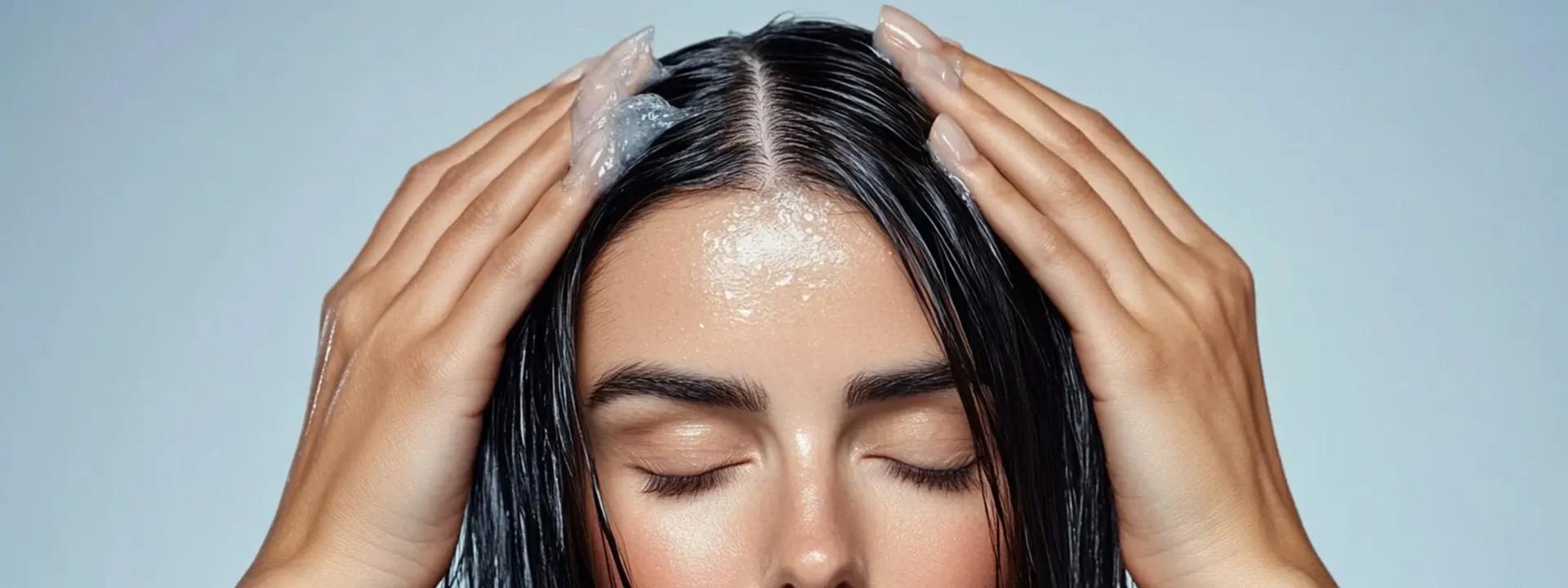Let's be real—finding clumps of hair in your shower drain or on your pillow can be proper stressful. Hair fall is one of those things that hits different when it's happening to you. The good news? The right shampoo can be your hair's best mate in this battle. But with shelves packed full of options promising everything from miracle growth to instant thickness, choosing the best hair shampoo for hair fall can feel overwhelming. Don't worry though—we're here to break it down for you, step by step, so you can make the smartest choice for your locks.
Understanding Hair Fall and Its Causes
Before diving into shampoo shopping, let's chat about why hair decides to pack up and leave in the first place. Hair fall happens for loads of reasons, and understanding yours is key to picking the right solution.
Stress is probably the biggest culprit—whether it's work pressure, exam season, or just life being chaotic. Your hair follicles literally go into shock mode and decide to take a break. Hormonal changes are another major player, especially for anyone dealing with PCOS, thyroid issues, or just the natural ups and downs of life. Then there's genetics (thanks, family), poor nutrition, overstyling, harsh chemicals, and even seasonal changes. Sometimes it's just one thing, but often it's a combination that's causing the problem.
Key Ingredients to Look for in Hair Fall Shampoos
Now for the fun bit—ingredient hunting. Think of this as your cheat sheet for scanning those tiny labels. The right ingredients can make all the difference between a shampoo that just cleans and one that actually helps with hair fall.
Look for ingredients that work on multiple levels—some target the scalp, others strengthen the hair shaft, and the clever ones do both. The key is finding formulas that address your specific type of hair fall without being too harsh on your scalp.
DHT Blocking Ingredients
DHT (dihydrotestosterone) is basically hair's worst enemy. It shrinks hair follicles and shortens the growth cycle. DHT blocking shampoo ingredients like saw palmetto, pumpkin seed oil, and ketoconazole help keep this hormone in check. These ingredients work by creating a barrier that stops DHT from wreaking havoc on your follicles. Worth noting—these take time to show results, so patience is key.
Volumising and Strengthening Agents
If your hair feels limp and lifeless, volumising shampoo for fine hair with ingredients like biotin, keratin, and rice protein might be your new fave. These work by coating each strand to make it appear thicker while actually strengthening the hair shaft. Panthenol (pro-vitamin B5) is another gem that plumps up hair strands from the inside out, giving you that fuller look you're after.
Natural Ingredients for Hair Loss Prevention
Mother Nature's got your back with some seriously effective natural ingredients for hair loss. Rosemary oil has been shown to be as effective as certain medical treatments for hair growth. Caffeine sounds weird but actually stimulates blood flow to the scalp. Ginseng, green tea extract, and niacinamide are also brilliant for preventing hair shedding by improving scalp health and circulation.
How to Choose the Best Shampoo for Hair Growth
Right, let's get practical. Choosing a hair growth shampoo isn't just about grabbing the fanciest bottle or the one with the most promises. It's about matching the product to your specific needs and hair type.
First things first—be honest about your hair and scalp situation. Are you dealing with oily roots but dry ends? Is your scalp itchy and flaky? Do you heat style daily? These details matter because they'll determine which ingredients will work best for you.
Identifying Your Hair Type and Concerns


 1000 ml
1000 ml 200 ml
200 ml 300 ml
300 ml 200 ml
200 ml